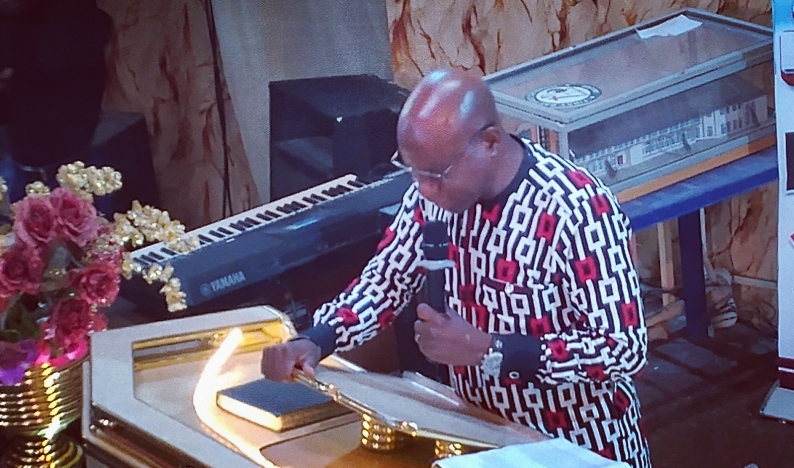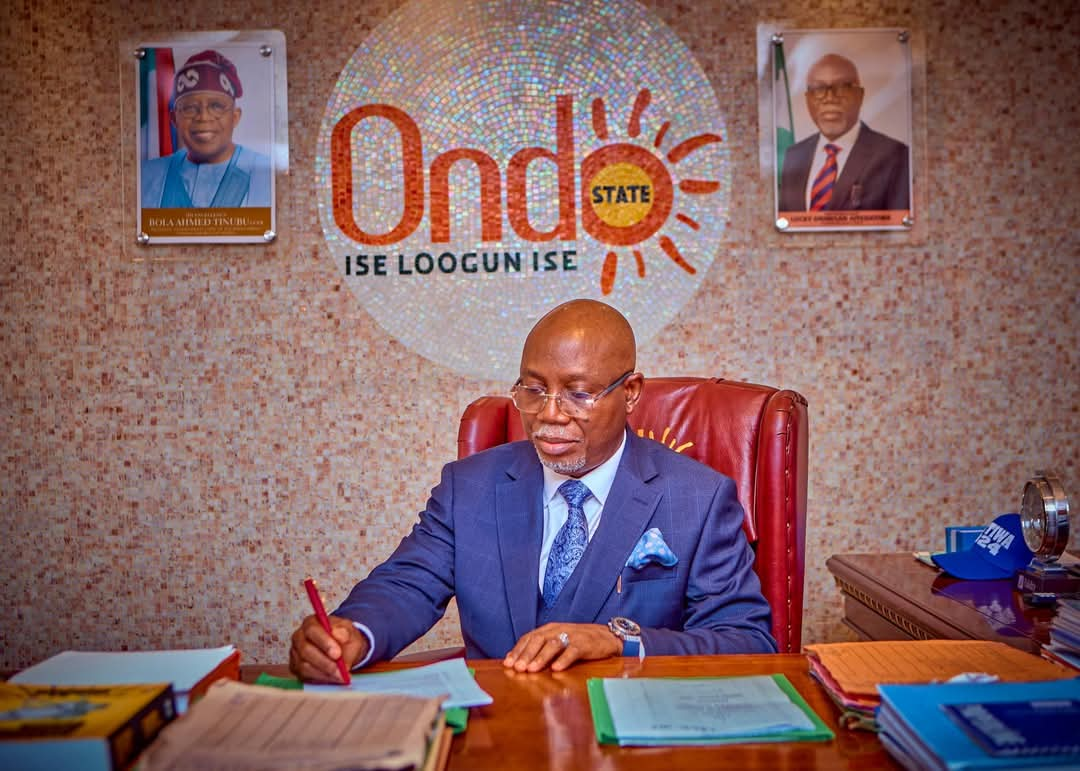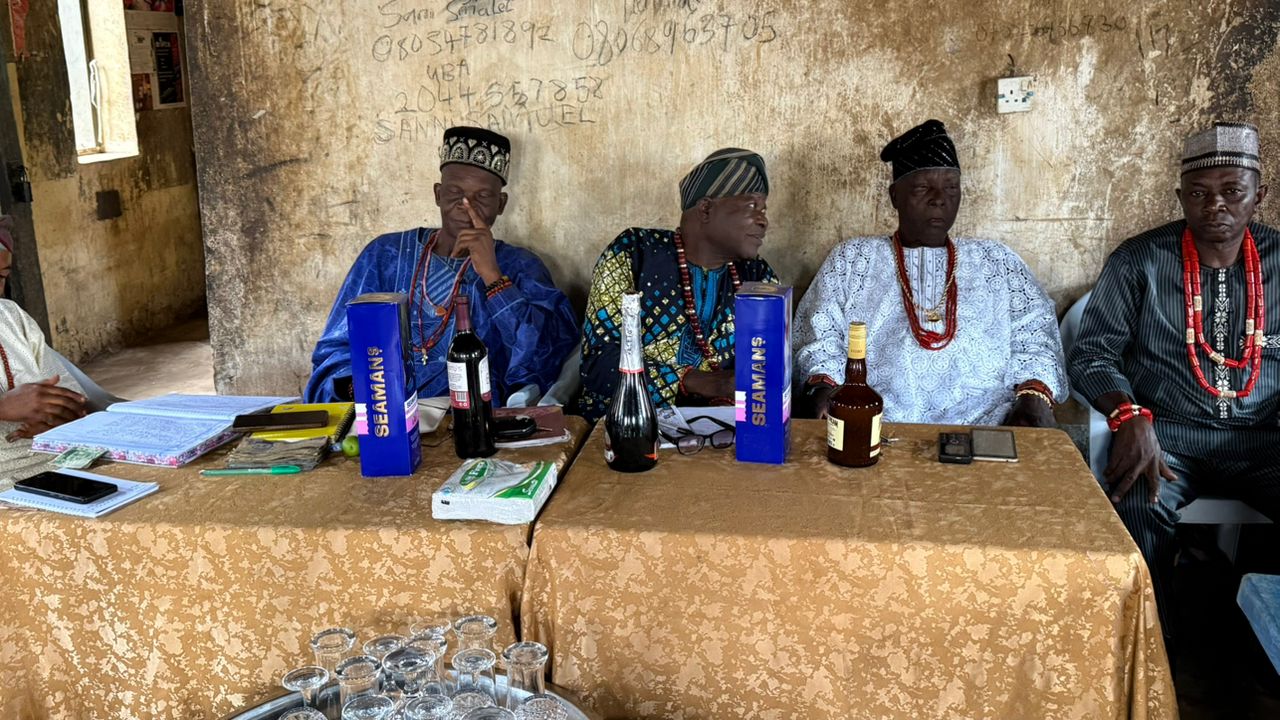UNDERSTANDING THE LEGAL PARAMETERS FOR A RECALL PROCESS

By Tolulope A. Oyebode Esq.
Active participation of the citizenry in politics and governance is the soul of democracy.
Prominent democratic theorist A.V Dicey viewed democracy as characterized by the power reciding in the numerical majority of citizens and the control of the Nations actions by the will of the majority.
This position became a torch for the framers of the constitution to ensure that the majority are enabled to take decisions affecting the country, hence, section 14 of the 1999 constitution as amended:
(1) ” _The federal Republic of Nigeria shall be a state based on the principles of democracy and social justice
(2)(a) Sovereignty belongs to the people of Nigeria from whom government through this constitution derives all its powers and authority.
(c) The participation by the people in their government shall be ensured in accordance with the provisions of this constitution.”
Notwithstanding these provisions of the constitution (Albeit its insufficiency) encouraging the participation of the majority in the running of the State, Nigerians appear oblivious of the sacredness of their participation in nation building.
The level of apathy and ignorance exuded by majority of Nigerians when matters of national interest are on the front burner is distasteful, raising concerns about recording substantial growth under a democracy with a docile population.
The constitution has empowered the citizenry to drive the course of governance in different ramifications, one of such is the power of recall granted constituents to remove a rogue or underperforming lawmaker whether at the senate, House of representatives or at State’s Houses of assembly.
Since the return to democratic rule 26 years ago, there have been several cases of impunity and abuse of office and privileges by elected representatives of the people but the people have looked away refusing to activate their constitutional powers at ensuring good governance through the recall process.
Perhaps one case that has awakened the hitherto lifeless debate on the recall process is the Natasha Akpoti case, though reportedly stage-managed against the provisions of the 1999 constitution and guidelines of the Independent National Electoral Commission (INEC) it is gaining traction and popularizing the process.
Though ignorance of the law would not avail anyone, I dare say, the knowledge of the law would aid informed application and activation of legal processes to avert hijack of legal structures by rogue politicians.
It is therefore important to animate the constitutional recall process in order to arouse the citizenry to work the constitutional journey to a responsible representation.
Section 116 CFRN as ammended states:
A member of the Senate or of the House Representatives may be recalled as such a member if
(a) _there is presented to the Chairman of the Independent National Electoral Commission a petition in that behalf signed by more than one-half of the persons registered to vote in that member’s constituency alleging their loss of confidence in that member and which signatures are duly verified by the Independent National Electoral Commission; and
(b) the petition is thereafter, in a referendum conducted by the Independent National Electoral Commission within ninety days of the date of receipt of the petition, approved by a simple majority of the votes of the persons registered to vote in that member’s constituency.
Section 110 CFRN
A member of the House of Assembly may be recalled as such a member if –
(a) there is presented to the Chairman of the Independent National Electoral Commission a petition in that behalf signed by more than one-half of the persons registered to vote in that members’ constituency alleging their loss of confidence in that member; and
(b) the petition is thereafter, in a referendum conducted by the Independent National Electoral Commission within ninety days of the date of the receipt of the petition, approved by a simple majority of the votes of the persons registered to vote in that member’s constituency.
There are 3 crucial phases in a recall process, the first is the Petition stage.
The process to recall a Senator for instance commences as soon as the Chairman of the Independent National Electoral Commission (INEC) receives a petition signed by MORE THAN ONE-HALF of registered voters in the Senator’s constituency indicating their loss of confidence in the Senator.
1. The petition has to be signed and ordered according to polling units, wards, Local Government Areas, and constituency.
2. Verification Stage
After ascertaining that the petition is solid, the Commission moves to:
Communicate the Senator facing the recall, detailing that a petition for his/her recall has been received.
Followed by issuance of a public notice or announcement containing the date, time and location of the verification.
Confirm the signatures appended to the petition at the designation. Importantly, signatories must be individuals who appear on the electoral voters’ register.
Inform the petitioners in writing of the minimum requirements for a referendum where it is not met, if the number verified is less than one half of the registered voters in that constituency. The petition is dismissed.
3. Referendum Stage
Where the minimum requirements for a referendum are met, the electoral body must conduct a referendum within 90 days of receipt of the petition. Using a simple yes or no vote on whether the Senator should be recalled, and will be decided by a simple majority of the votes of the persons registered to vote in the Senator’s constituency.
If after a referendum is carried out, the voters in that constituency vote to recall the Senator, then the Chairman of the INEC is duty bound to send a Certificate of Recall to the Senate President to effect the recall.
From the foregoing, it is clear that the process of a recall is quite complex, needing a lot of organization and mass mobilization.
However, the complexity should not deter people who want quality representation, integrity fairness and justice.
As Leonardo Da Vinci puts it, “Nothing strengthens Authorities so much as silence.”
One of the world’s greatest novelists, Fyodor Dostoevsky said,
“Power is given only to those who dare to lower themselves and pick it up. Only one thing matters, one thing; to be able to dare!”
Until the Nigerian public begins to dare in activating existing legal structures against impunity and poor governance, the status quo will fester.




